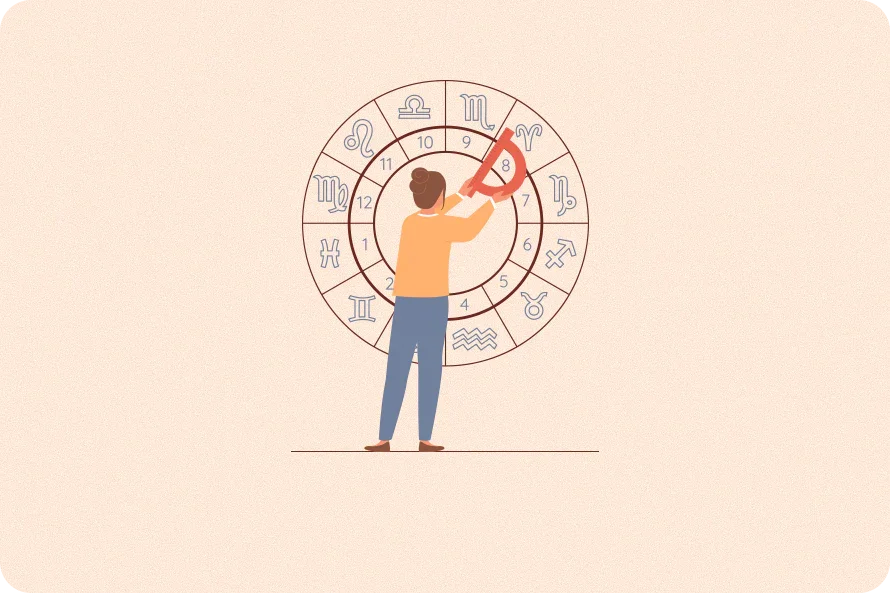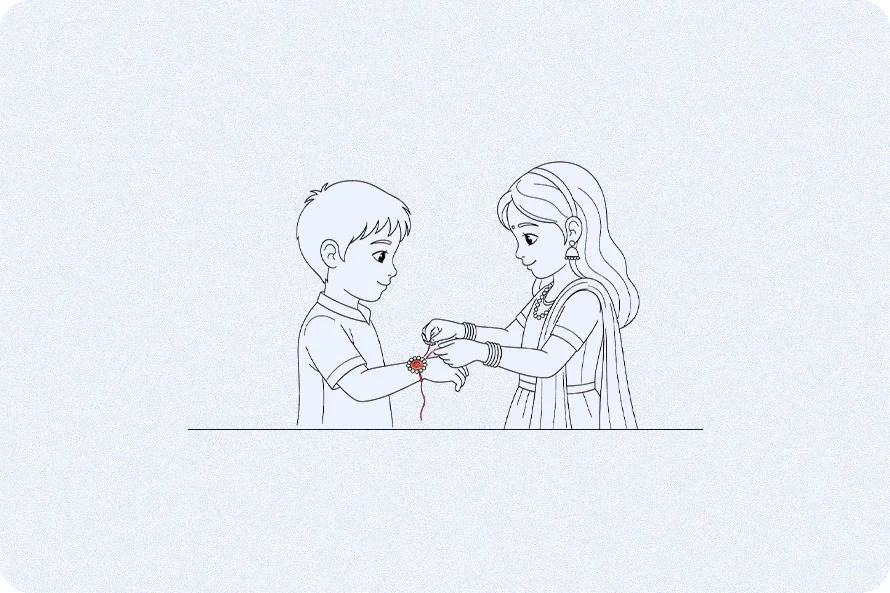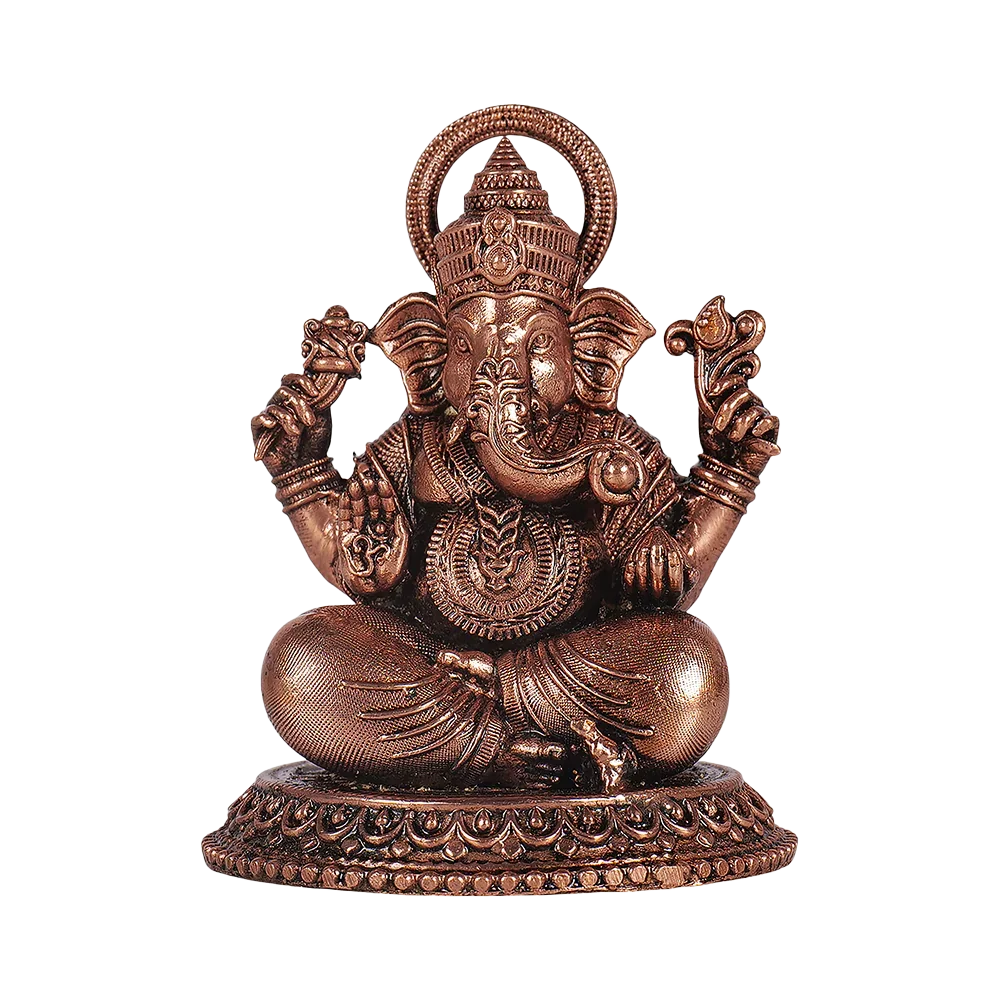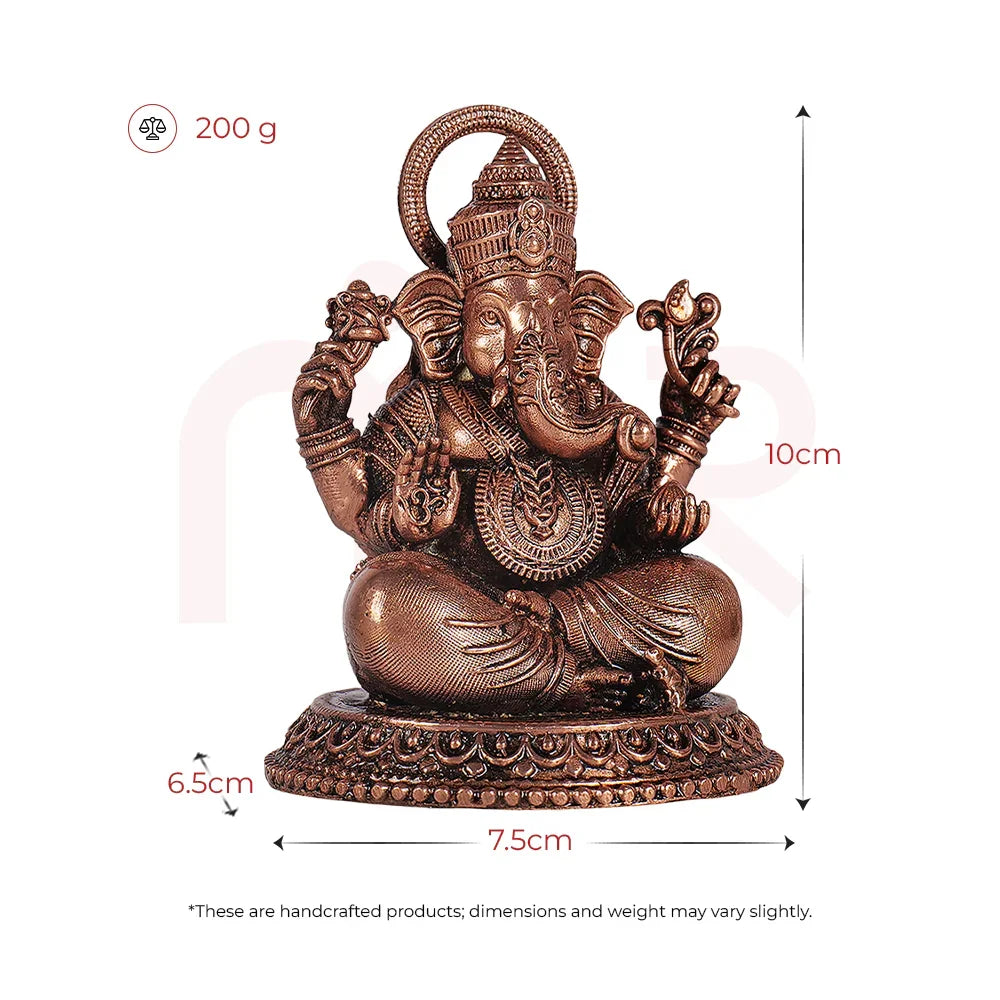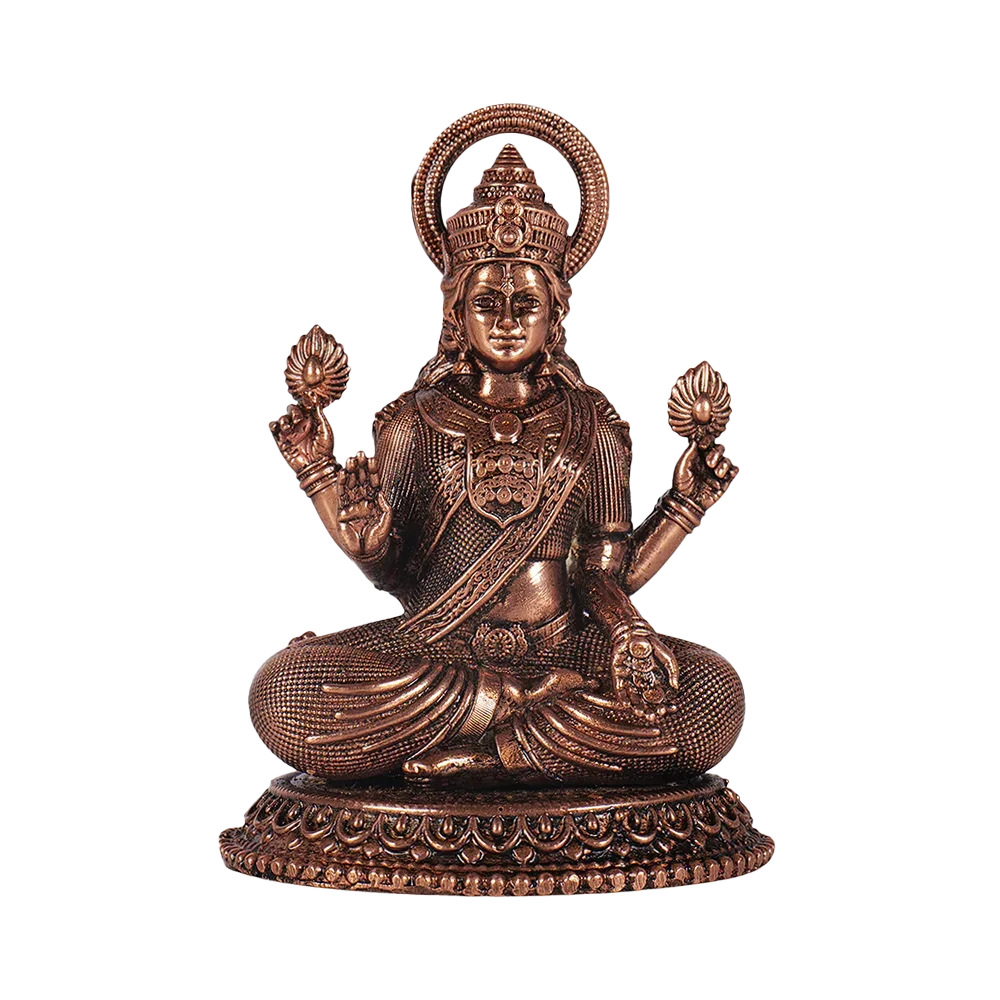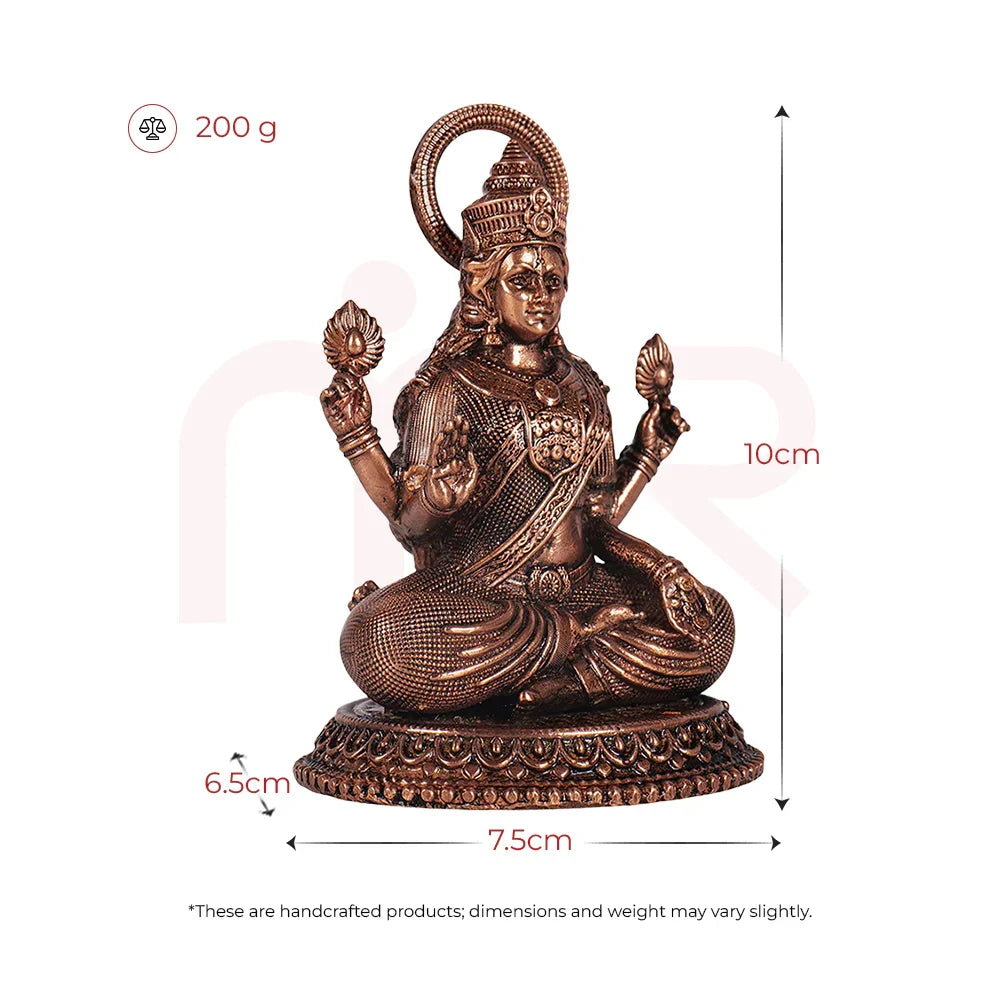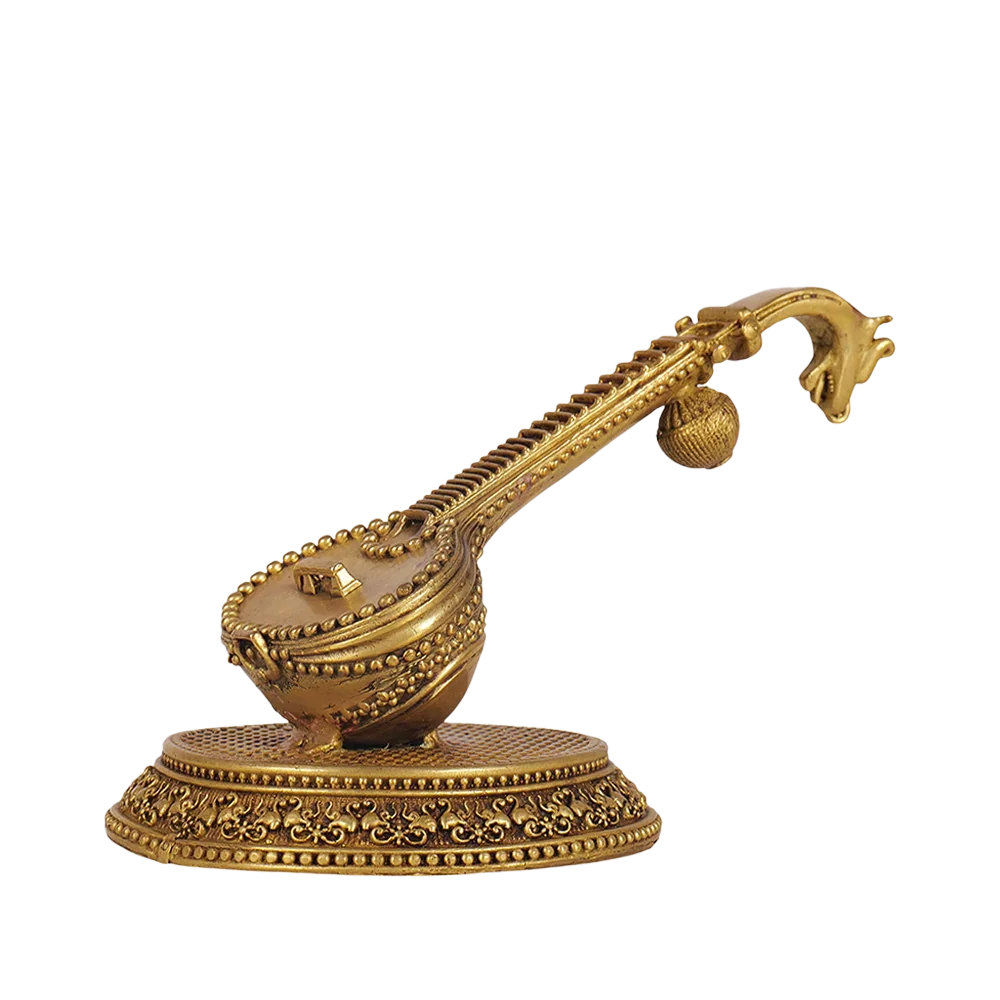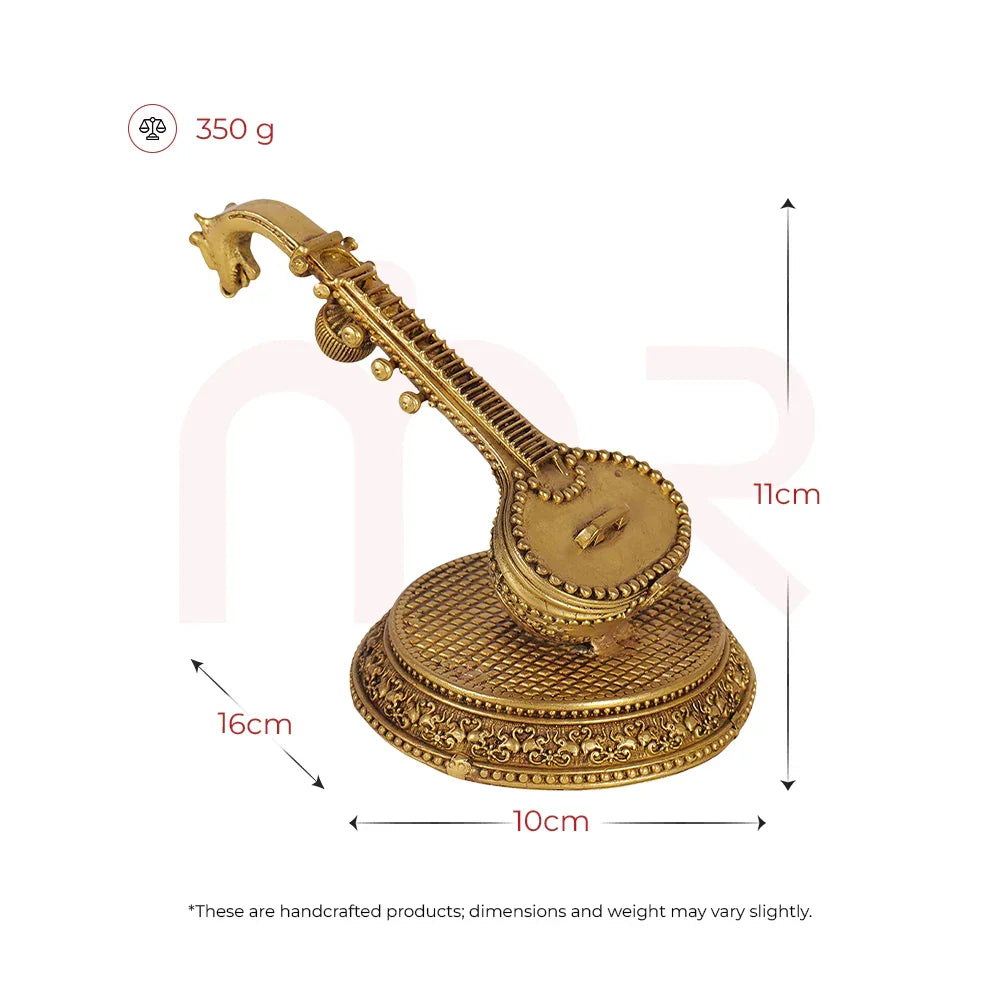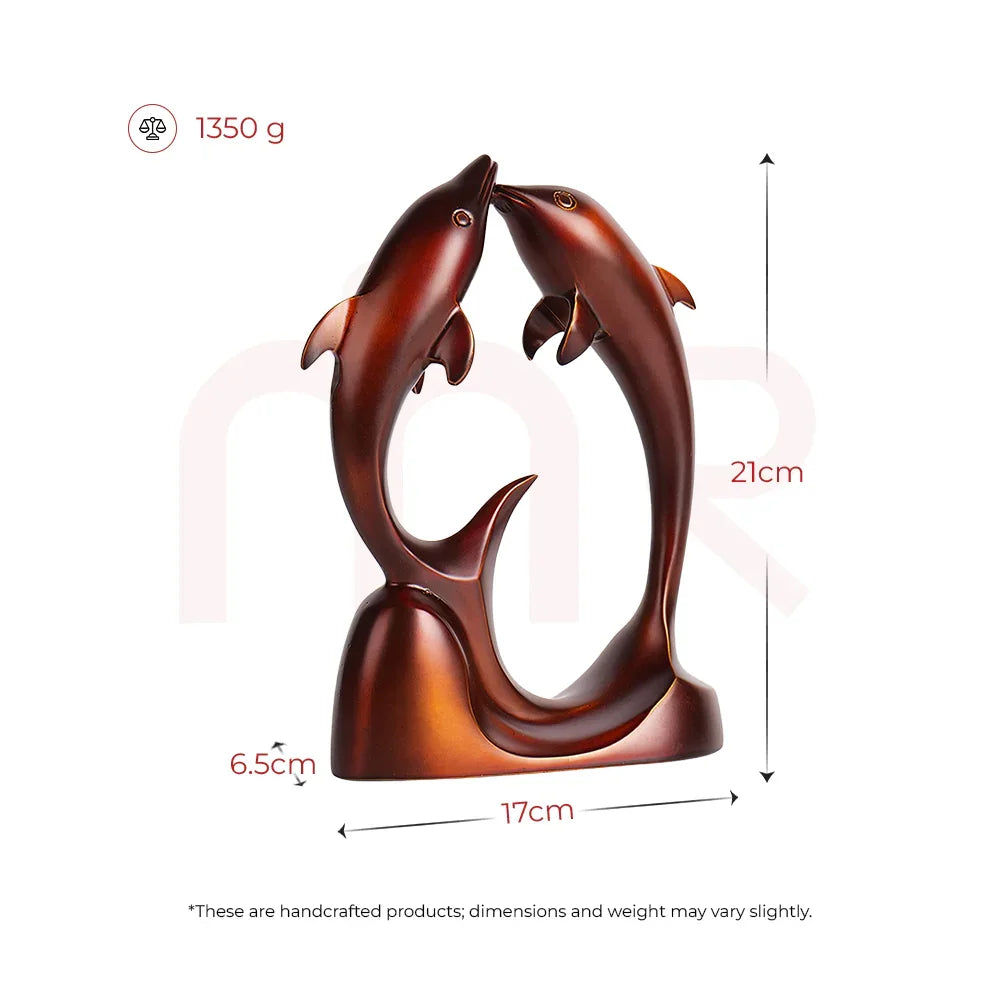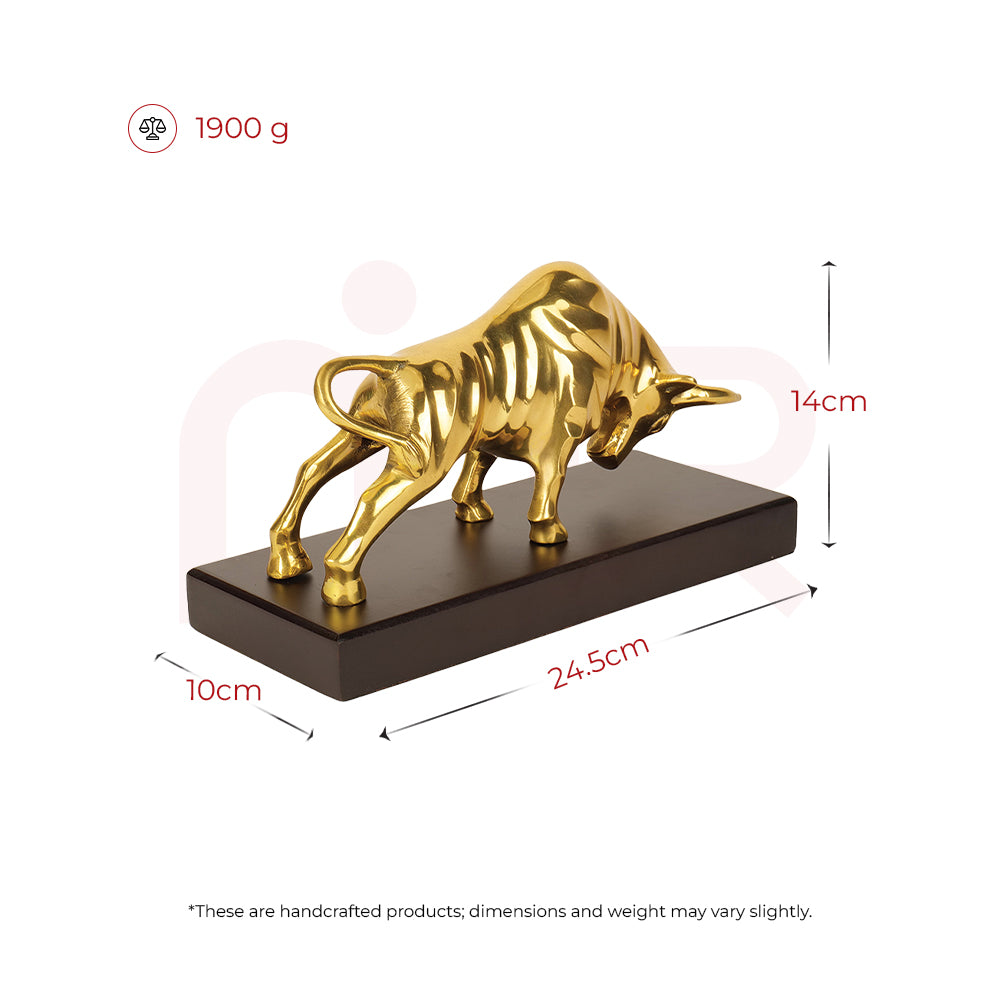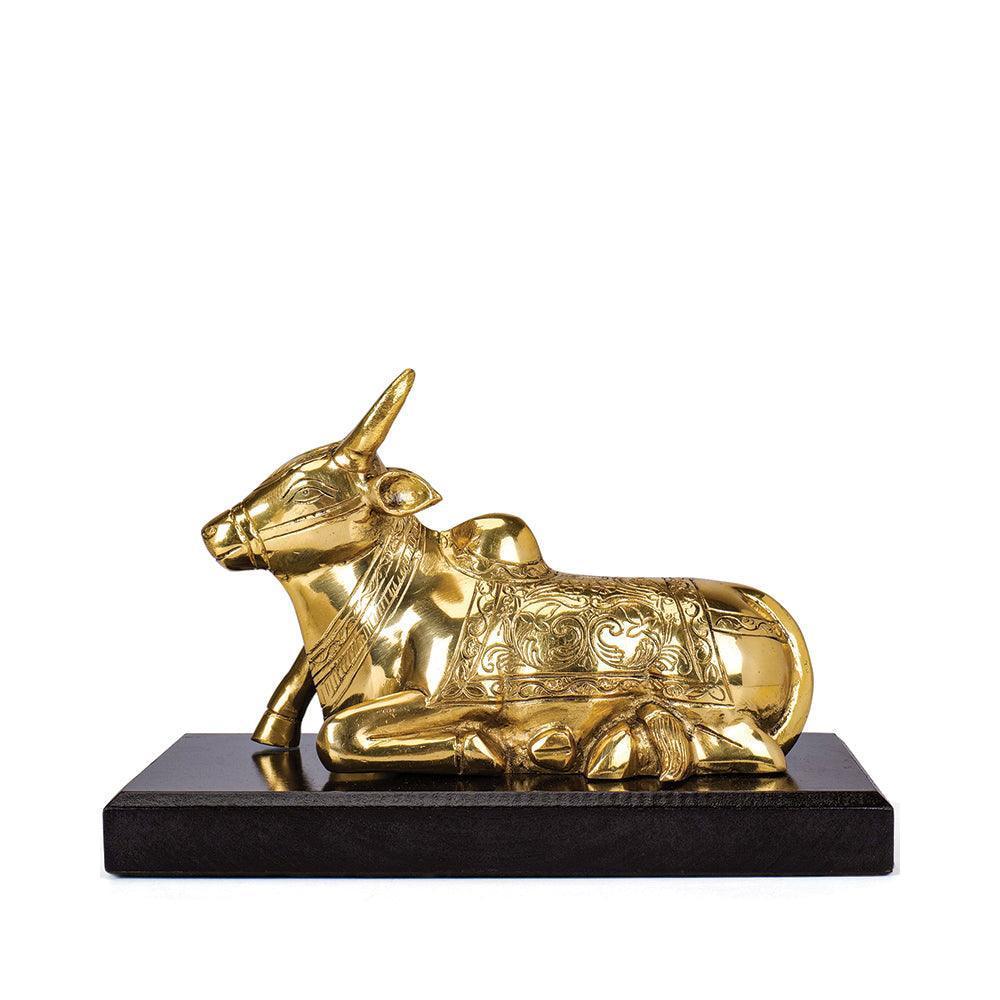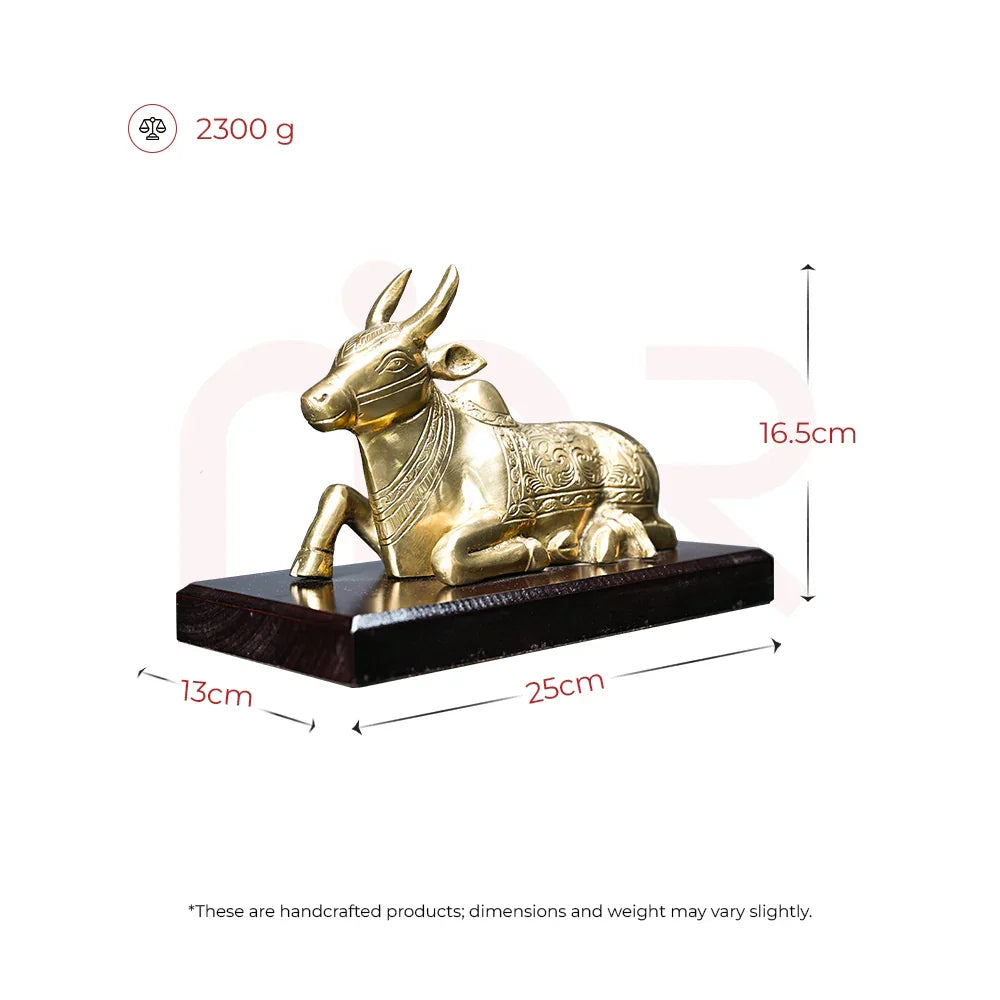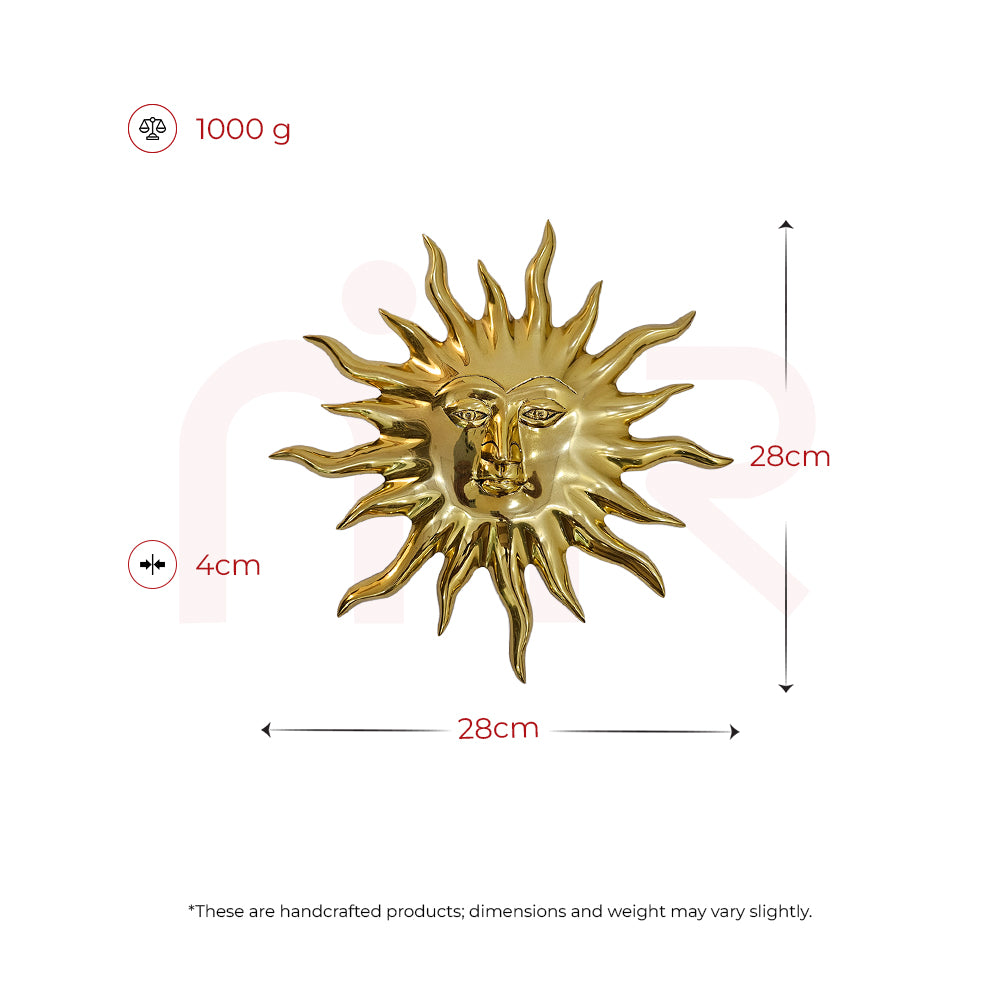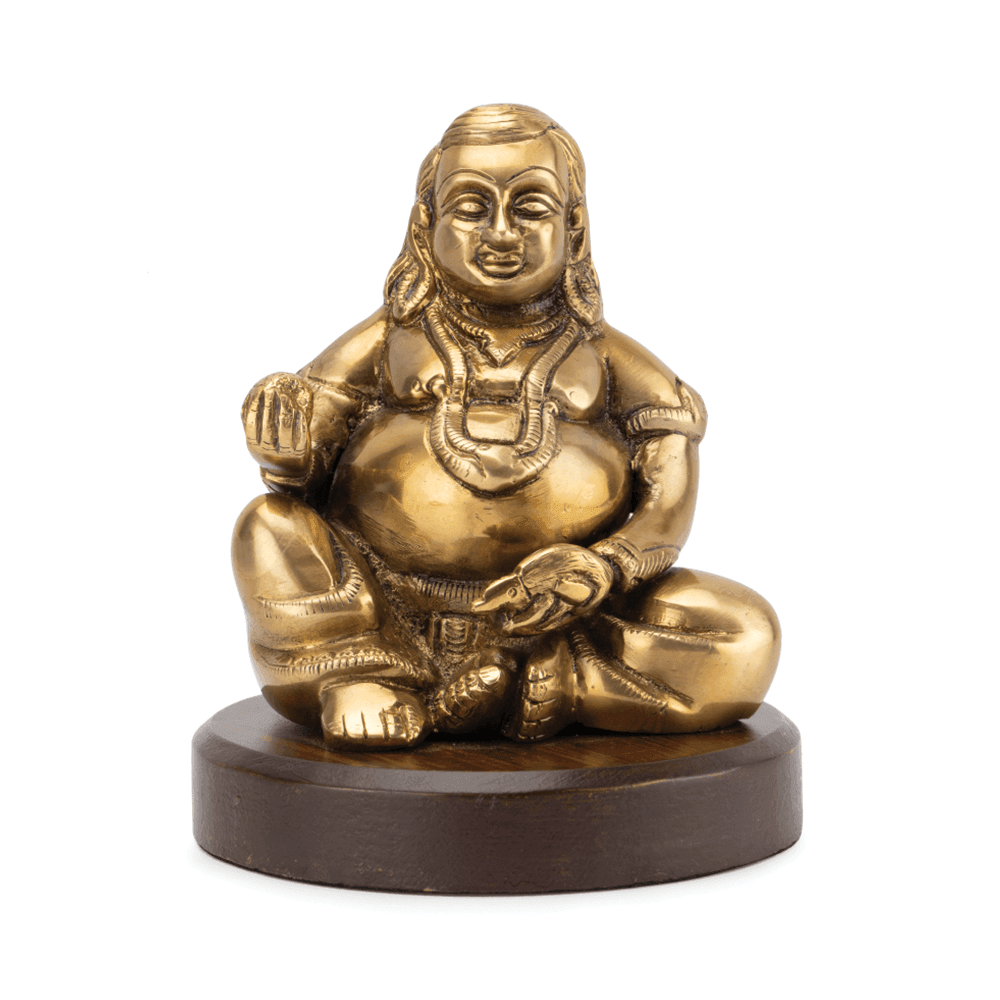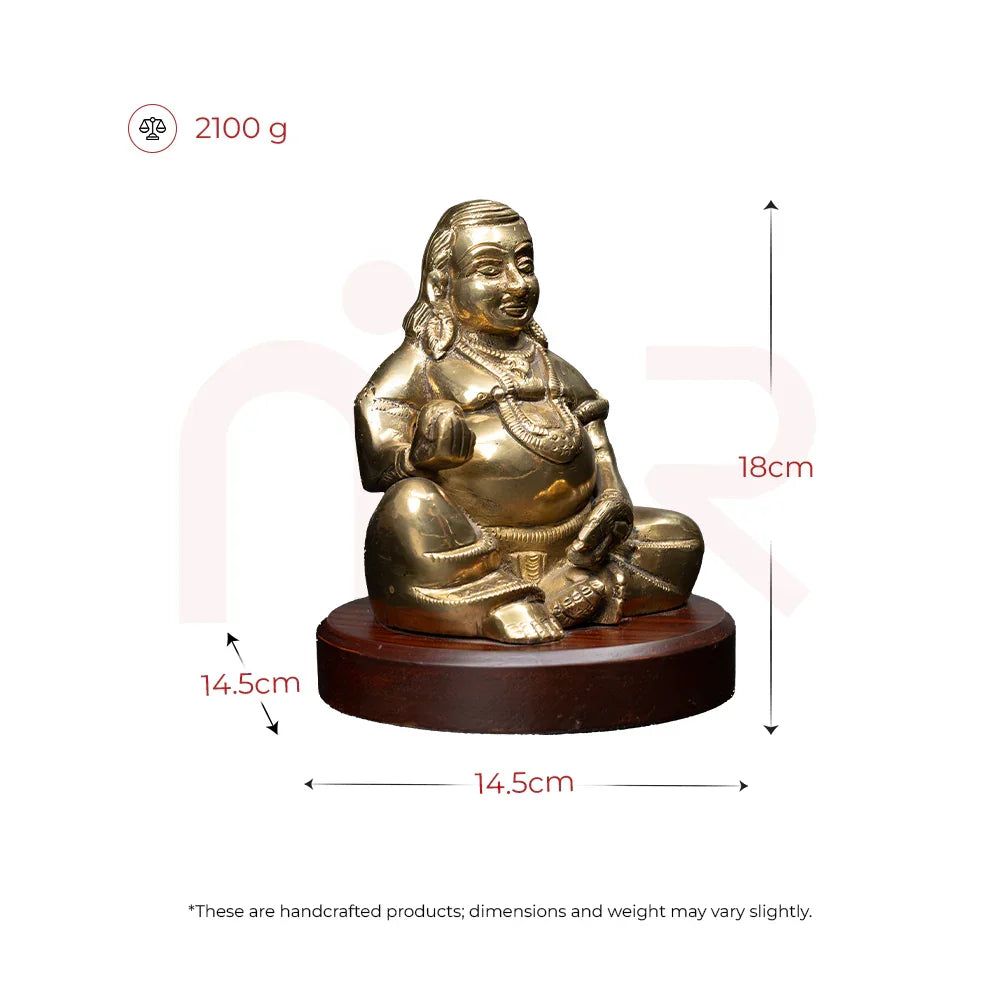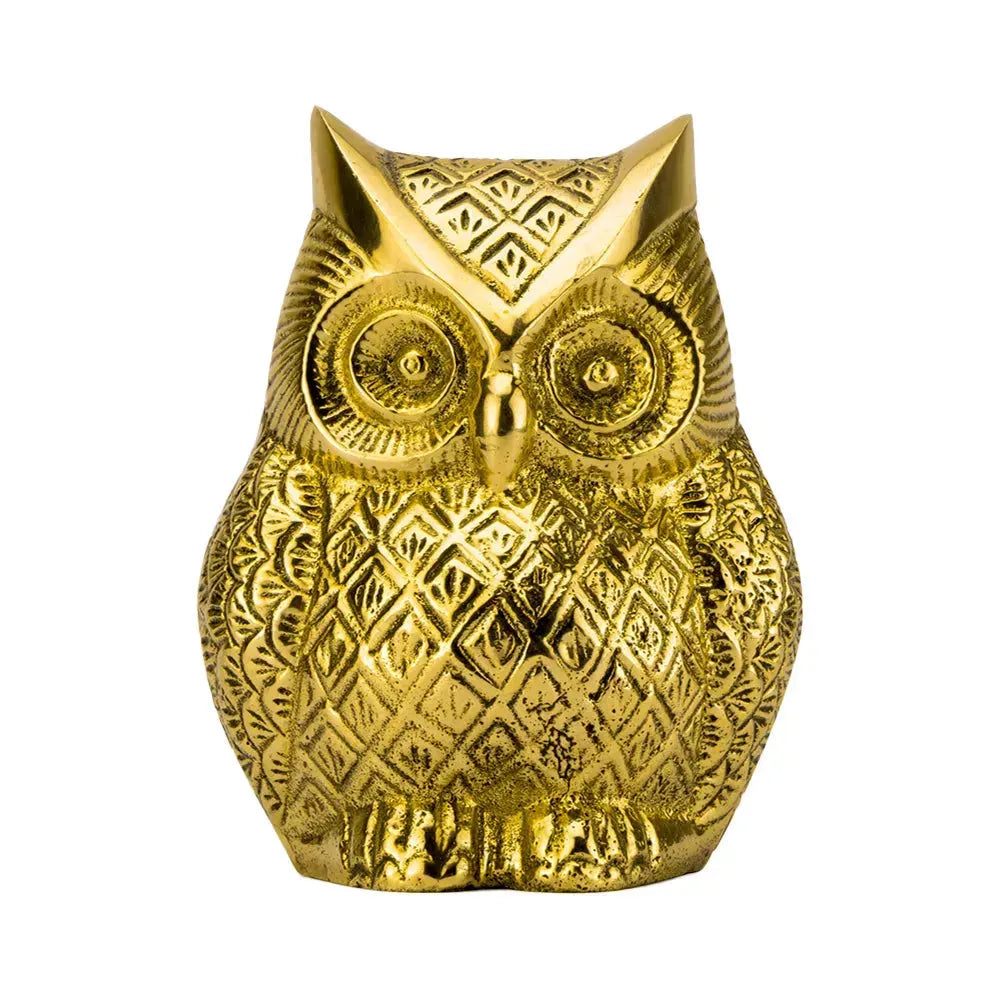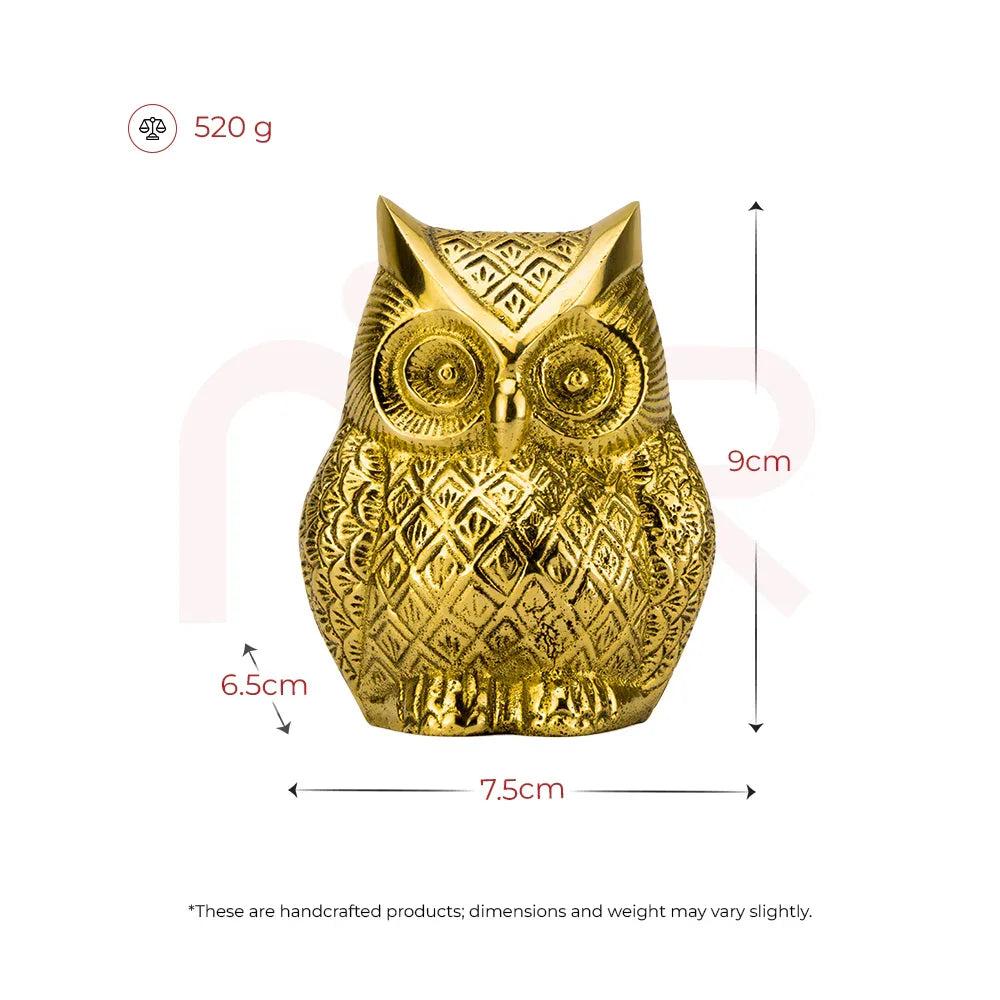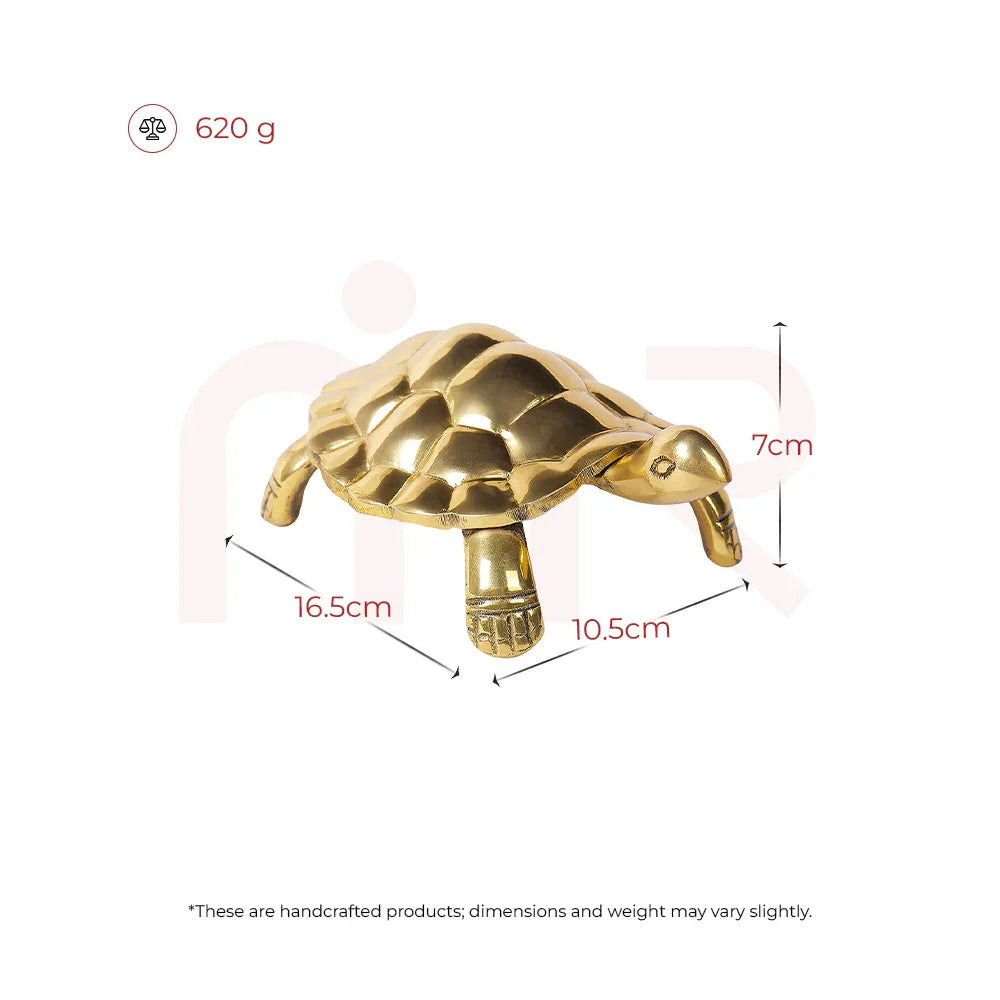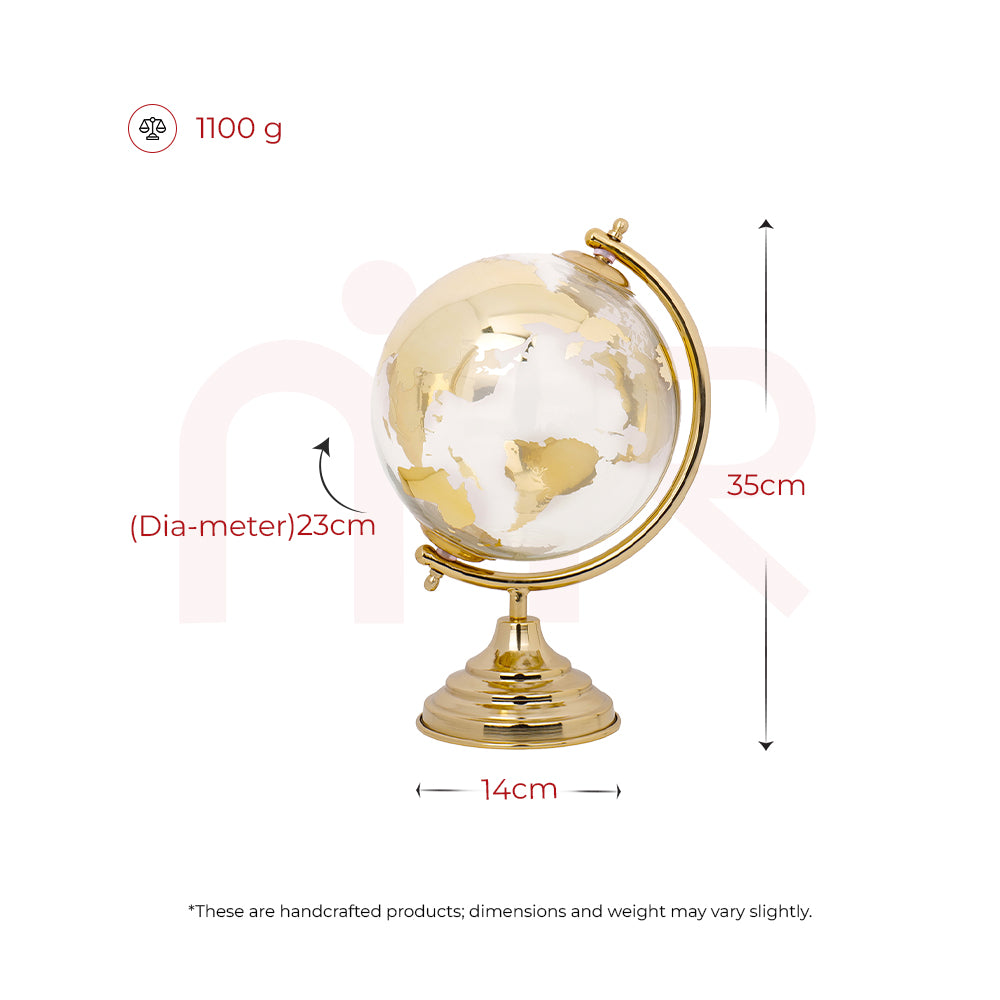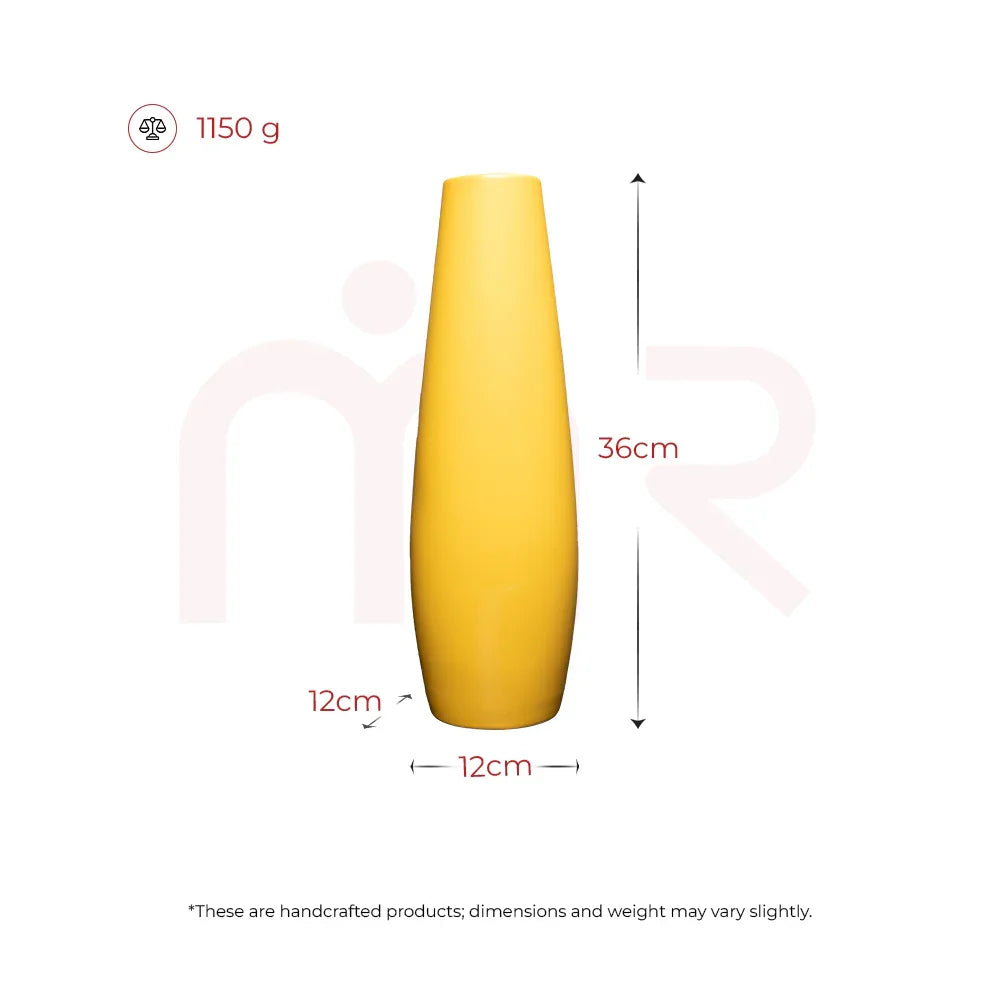The core belief surrounding Mangal Dosha is that if Mars (Mangal/Kuja) is placed in the 1st, 4th, 7th, 8th, or 12th house, it brings significant marital risks, sometimes exaggerated as the spouse’s death. However, there is no practical or scientific evidence supporting this claim; such fears are rooted in superstition, not fact. While classical astrology recognized Mars’ fiery energy as a potential disruptor in marriage, it never asserted a “guaranteed death of the spouse.” This widely accepted belief is neither documented in Vedic texts nor supported by scientific research. Mars is also recognised as energy for the happening of auspicious events. When it is balanced, it becomes the energy for auspicious events; similarly, when it is imbalanced, it can burn down anything that comes in its way.
Linking the Classical Text with Modern Understanding and Perspective
Several classical works, including the Brihat Samhita, the Brihat Jataka, and the Parashari tradition, describe that Mars (when Imbalanced) represents anger, conflict, passion, and courage, which are predominant traits of the Fire element. The Classical texts further elaborated that Mars' placement in sensitive houses can create challenges in married life, especially if they are not supported by its benefic aspects.
From a modern, practical perspective, it is fair to say that earlier marital challenges were also influenced by various social factors such as:
- High mortality rates in the past
- Child marriages
- Lack of healthcare
- Patriarchal structures
These factors rendered marital risks especially apparent. It is important to remember that scholars have observed that phenomenological and social constructionist perspectives are relevant to how individuals approach marriage, astrology, and horoscope matching. From this gentle viewpoint, astrology can help people explore their relationships and find personal meaning in horoscopes. However, these interpretations are subjective and not scientifically substantiated. Connecting ancient texts to the social conditions of their time, such as higher mortality rates, lack of health awareness, child marriages, inadequate hygiene and sanitation, absence of healthcare, and stigmas around discussing health issues, helps us understand that many marital challenges once came from real historical obstacles, not necessarily from fate. Direct language describing these risks, such as “widowhood,” was often meant as a caution rather than a literal outcome, offering relief in knowing times and knowledge has changed.
Diving deeper into the Rules and How they are Formed.
Earlier, Hindu Vedic texts had rules to avoid Sun or Mars on the Ascendant at marriage to reduce conflict-driven tendencies.
How the “Rules” Formed
Mangal Dosha (Kuja Dosha) is said to occur when Mars occupies certain houses like the 1st, 4th, 7th, 8th, or 12th (sometimes also the 2nd). Traditionally, these placements were seen as challenging for marriage because Mars brings fiery energy, leading to ego clashes (1st House), domestic friction (4th House), power struggles (7th House), trust issues (8th House), or imbalance in private life (12th House).
However, these were only rules of thumb, not final verdicts. Classical astrology always considered the bigger picture: aspects, conjunctions, the dignity of Mars, and planetary periods. Many “Mangliks” enjoy harmonious marriages when other chart factors balance Mars. Rather than foster fear, it is empowering to focus on channeling Mars positively through discipline, fitness, communication, and guided remedies, encouraging well-being in relationships.
Today’s Practical View
From a modern lens, Mars simply symbolizes Fire, drive, assertion, and impulse. In relationships, challenges arise not from planets but from how these traits are expressed through communication, boundaries, and empathy. Instead of seeing Mangal Dosha as a verdict, it works better as a risk marker: pointing to where “heat” might arise so that couples can plan strategies to balance it.
In real life, marital success depends far more on shared values, financial transparency, family expectations, conflict-resolution patterns, and mental health, all factors fully within human control. Thus, Mangal Dosha becomes less of a curse and more of an invitation to consciously cultivate harmony in relationships.
What to Do for a Better Understanding among Couples:
- Premarital conversations: Have premarital conversations about goals, finances, family expectations, and children. Write them down and discuss them openly.
- Anger management: Identify triggers, use breathwork/CBT tools, and practice responding instead of reacting.
- Couples counseling: Attend 3–4 sessions in the first year to learn communication frameworks.
- Financial clarity: Maintain joint budgets, spending rules, and transparency.
- Astro-practical approach:
- Don’t judge by Mars alone. Study a full chart (aspects, conjunctions, Dasha).
- Match both charts for natural neutralizations.
- MahaVastu Zones to balance for strong bonding:
- South-West (SW), Keep it neat and clean, and avoid Green and blue colours in this zone.
- Hang the couple’s photograph in a golden frame in SW.
- Keep the statue of Love birds for better mutual understanding.
- For keeping the energies of Mars balanced, keep the South free from Blue, Black colour, and keep it neat and clean.
Conclusion
In summary, there is no evidence for the myth that "Manglik = spouse’s death." Classical astrology highlights Mars’ fiery nature as a marital risk, not a death verdict. Today, Mangal Dosha is about temperament and energy management, with real marital outcomes depending on skills, choices, and emotional maturity. The key takeaways are that, examine Mars in context with the full chart; Focus on relationship skills and communication; and lastly, replace fear with informed dialogue and holistic analysis for better outcomes.

